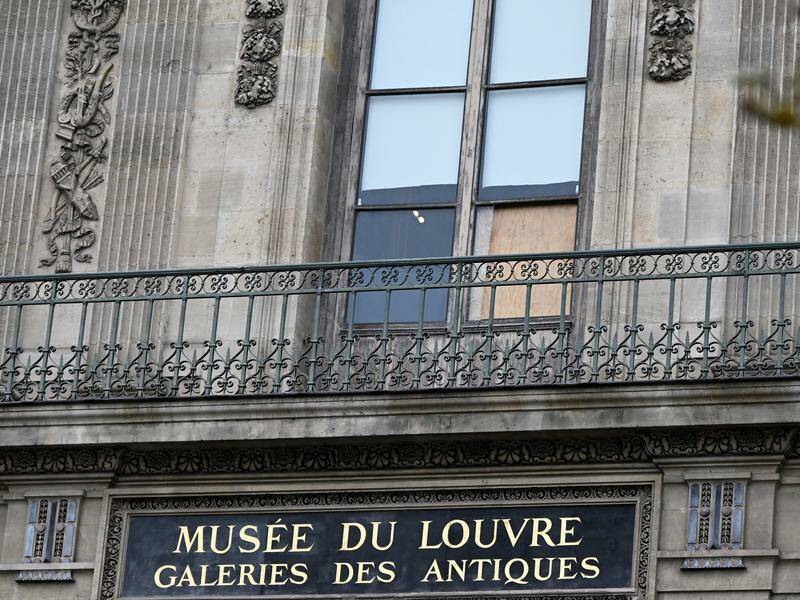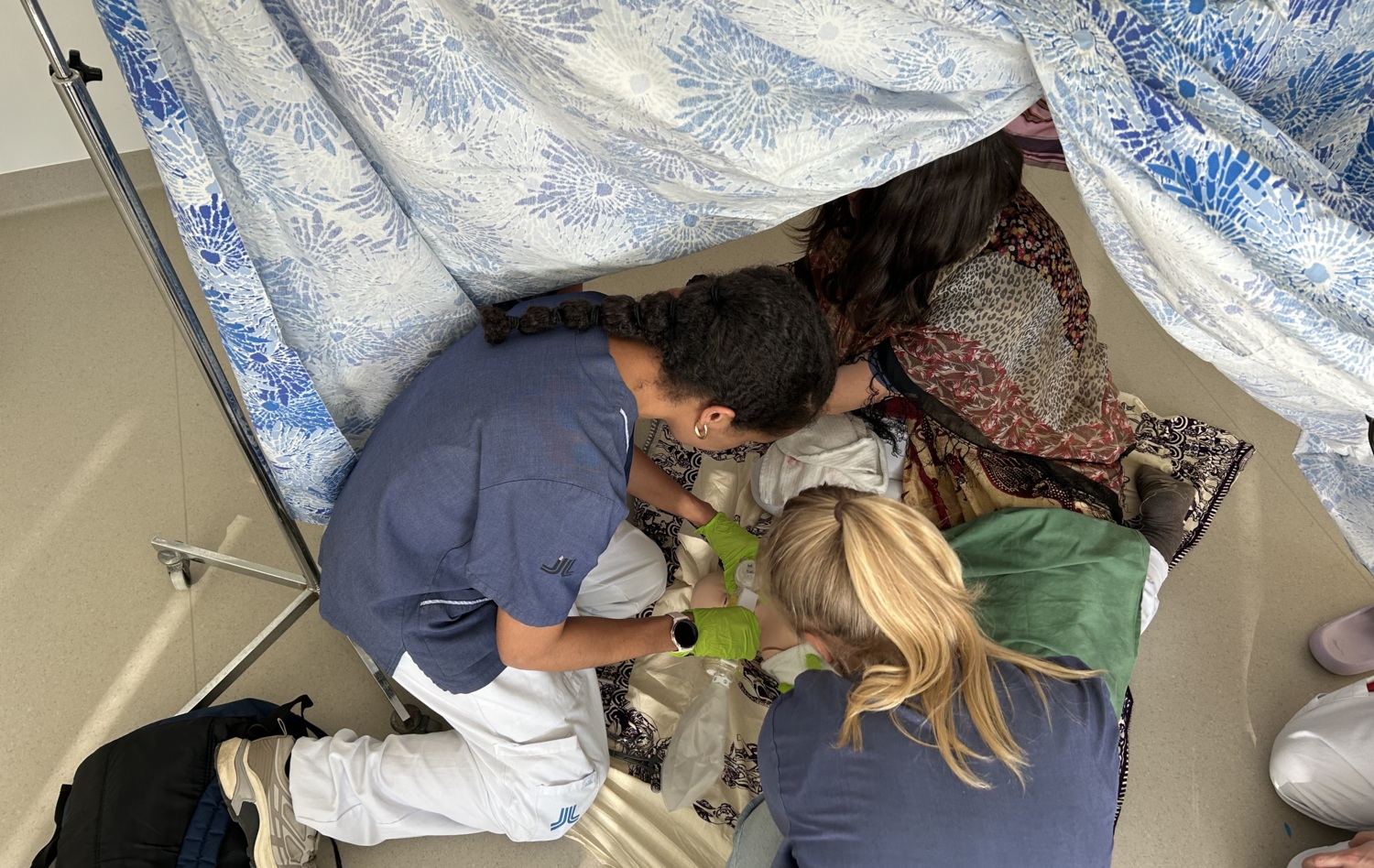
A dramatic heist at the Louvre Museum in Paris has resulted in the theft of crown jewels valued at an estimated €88 million (approximately $157 million). The incident, which occurred on the morning of March 10, 2024, has spurred a thorough investigation involving around 100 police investigators seeking to locate both the stolen gems and the suspects behind the theft.
Laure Beccuau, the Paris prosecutor overseeing the case, emphasized that the estimated monetary value does not account for the jewels’ significant historical importance to France. In an interview with RTL, Beccuau stated, “The wrongdoers who took these gems won’t earn €88 million if they had the very bad idea of disassembling these jewels.” She expressed hope that the thieves would reconsider their actions and refrain from damaging the items.
In response to the theft, Rachida Dati, France’s Culture Minister, confirmed that the security measures in place at the Louvre functioned correctly during the incident. Questions have emerged regarding the museum’s security, particularly concerning the performance of security cameras. Thieves managed to access the museum by using a basket lift to reach the facade, forcing a window, and smashing display cases to escape with the valuable Napoleonic jewels. Dati assured members of the National Assembly, “The Louvre museum’s security apparatus did not fail, that is a fact.”
Despite the security systems functioning, Dati announced an administrative inquiry alongside the ongoing police investigation to ensure full transparency regarding the incident. She refrained from providing specifics on how the thieves executed the robbery, given that the cameras were operational. The theft has been described as a “painful blow” for France, with Dati stating, “The Louvre is far more than the world’s largest museum. It’s a showcase for our French culture and our shared patrimony.”
Interior Minister Laurent Nuñez reported that the museum’s alarm was triggered when the thieves broke into the Apollo Gallery, where the crown jewels are displayed. Police arrived within two to three minutes after being alerted by a witness. The entire heist reportedly lasted less than eight minutes, with the thieves spending under four minutes inside the museum. Nuñez did not disclose information about the surveillance footage that may have captured the incident, pending the police investigation.
The robbery targeted the gilded Apollo Gallery, where eight objects were stolen, including a sapphire diadem, a necklace, and a single earring linked to 19th-century French queens Marie-Amélie and Hortense. Additionally, an emerald necklace and earrings from Empress Marie-Louise, Napoleon Bonaparte’s second wife, were taken, alongside a reliquary brooch and the prized diadem and corsage-bow brooch belonging to Empress Eugénie.
As authorities continue to investigate the circumstances surrounding the theft, the incident serves as a stark reminder of the vulnerabilities that even the most secure institutions face. The outcome of the investigation will likely have implications for security measures in place at museums globally, as they strive to protect invaluable cultural heritage.







